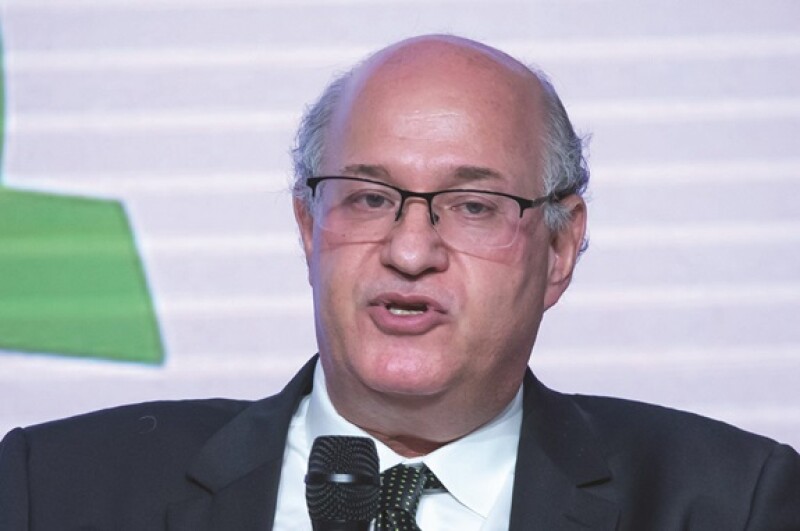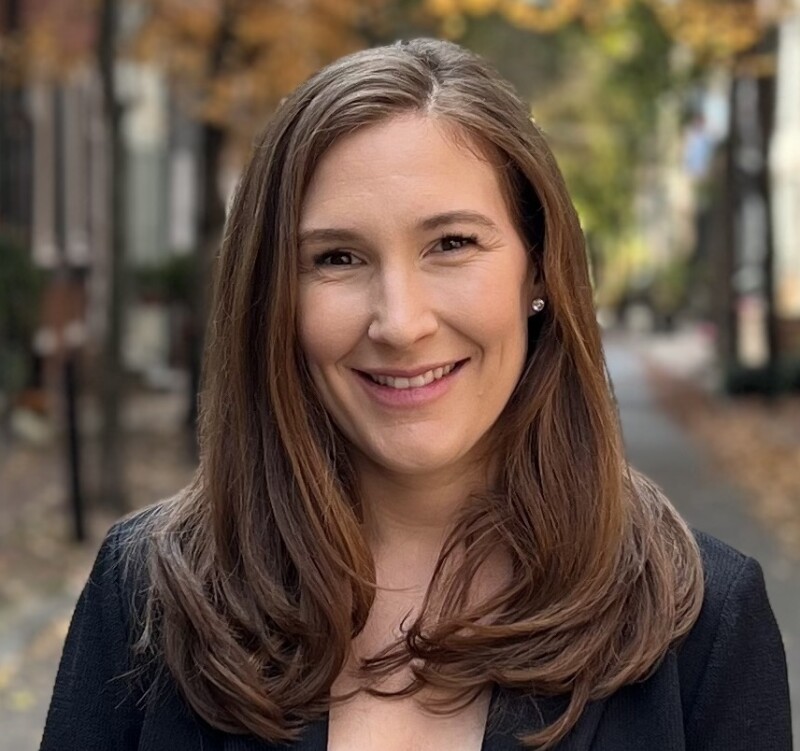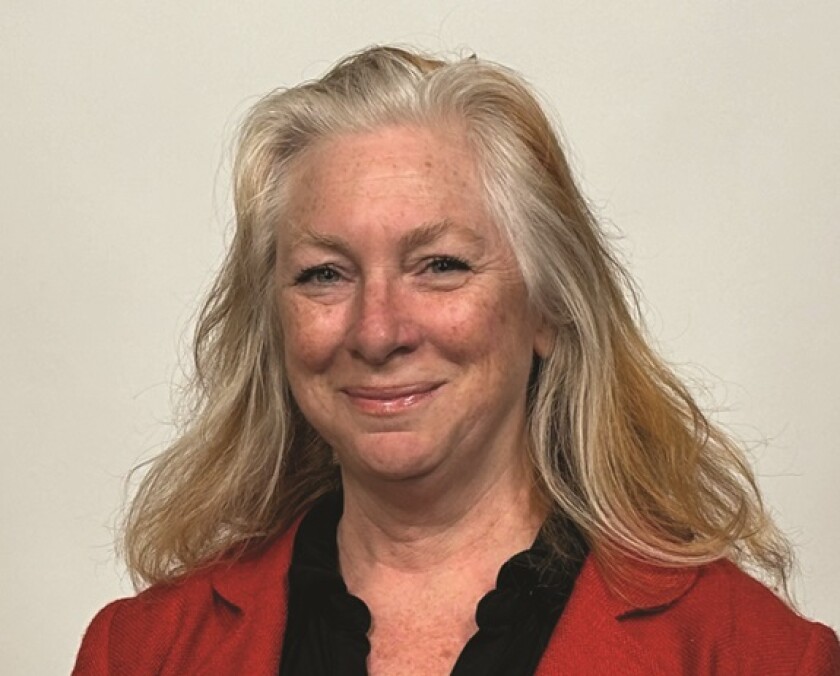Securitization has returned to the multilateral development banks after a six year gap, as IDB Invest, the arm of the Inter-American Development Bank that lends to the private sector, has laid off risk on $1bn of loans to private investors, freeing up capital for fresh lending.
When the African Development Bank sealed its $1bn ‘Room 2 Run’ synthetic securitization in 2018, it attracted huge attention across the MDB sector, and was widely expected to lead to further deals.
But an unenthusiastic US government and the Covid pandemic put the brakes on, and apart from some small transactions by Banque Ouest Africaine de Développement no other MDB has taken the step.
Now IDB Invest has completed a deal, the latest step in its ‘Originate to Share’ strategy. The transaction will be announced in Washington on Wednesday.
Without giving details before the public launch, Ilan Goldfajn, president of the IDB (pictured), said this week: “If you double IDB Invest, we will become a very private sector-orientated MDB.”

The lead investor is Newmarket Capital, whose predecessor organisation Mariner Investment Group took the same role in Room 2 Run.
“We are always looking for new ways to bring in private sector investors,” said Jan Weiss, director of financial products at IDB Invest in Washington (pictured at top). “We have our traditional B loan and B bond programmes — the idea of taking traditional MDB products and adapting them to new investors is really important for us. [We have] such significant goals for mobilisation and ramping up the business that we’re going to have to start to look at portfolio solutions.”
IDB Invest has used deal by deal credit insurance before, but never a portfolio risk transfer. It was inspired by Room 2 Run and has been thinking about securitization for years, but began working on it in earnest last summer, when it hired its advisers Santander and Clifford Chance.
“Most of the multilaterals have been looking at this for a long time,” said Molly Whitehouse, managing director at Newmarket in Philadelphia. “But this represents what we hope will be a new set of interest following Covid. Many multilaterals turned then to addressing the needs of the pandemic — now they’re turning back to be most efficient with their capital.”
IDB’s engagement has been “running in parallel to the rating agencies becoming much more clear about what it takes for institutions like IDB to accomplish their goals through securitization,” said Aaron Barnes, senior managing director at Newmarket. “When we did Room 2 Run it was the first of its kind. We worked with the rating agencies — it was a fly the plane as you build it type of situation. Now Fitch, Moody’s and S&P have published methodologies, [intending] to be predictive about what you need to do.”
Slicing and dicing
In the securitization, called Scaling 4 Impact, Newmarket provides a cash-collateralised risk participation agreement for the junior mezzanine slice of risk on a portfolio of just over 100 loans. They are to large corporates, project finance transactions and financial institutions, in about 20 countries and 10 sectors.
IDB keeps the bottom 2.8% first loss tranche, then Newmarket absorbs losses up to 10%.
A senior mezzanine tranche from 10% to 13% has been taken unfunded by insurance companies Axis and Axa.
Typically, funded mezzanine SRT investors earn an annual risk premium in the high single digit to low double digit percentage points above a base floating rate cash return. The insurance companies would only receive risk premium.
The average life of the loans is just under five years, and the 18 year risk sharing will not be replenished. The assets will stay in the deal until they have been repaid.
IDB Invest reckons the transaction will enable it to do $500m of new lending, which in turn will unleash new private co-investment.
This suggests the rate of capital release is less than the AfDB’s, since it calculated it could do another $650m of lending from a deal the same size.
However, since the IDB has not revealed the cost of its risk transfer, the two are difficult to compare. The AfDB gave up 42% of the yield on its portfolio — the figure may be substantially less for the IDB.
The AfDB’s deal was criticised in development finance circles as expensive. But the AfDB itself was happy with the transaction, suggesting others may have failed to understand its benefits.

“We are very comfortable with the price we paid,” said Weiss. “It’s comparable with European [commercial bank] SRTs.”
Barnes said the certainty from the rating agencies would “invite more MDBs to do these transactions. IDB wanted it to be catalytic — to show the MDB universe that these transactions can be done in a much more efficient way than Room 2 Run was, so we are hopeful that there is a lot more to come in this space.”
Whitehouse (pictured above) said it was a more efficient tranching than Room 2 Run, with thinner mezzanine tranches.
Attracting new capital
“The larger story is the reigniting of MDB focus on balance sheet optimisation, significantly improved clarity from the rating agencies on how MDBs can use this tool, and the inclusion of private sector unfunded mezzanine insurance,” Whitehouse said. “It’s in line with the principles of crowding in private sector investment at different points in the capital structure.”
“Last year around September we did a [non-deal] roadshow in London and talked to a lot of these types of asset managers [that buy SRT deals],” said Weiss. “They had no idea about MDBs, or who IDB Invest was. We walked them through how we operate, how MDBs outperform the market, using some of the Gems data [on MDB loan performance]. At the end almost every one said they would take it all.”
Early this year IDB went to a significant number of investors for non-binding bids. “We whittled it down to a group of investors we thought we could work well with and that really fit our goals. We wanted to mirror our existing portfolio. Newmarket were very competitive, as were our two senior mezz investors.”
IDB Invest is considering hybrid capital, but it hopes to do more in securitization, including possibly a cash deal, transferring senior tranche risk, or using local currency assets, said Weiss. “Our investors really believe in the product and the future growth of this market.”
